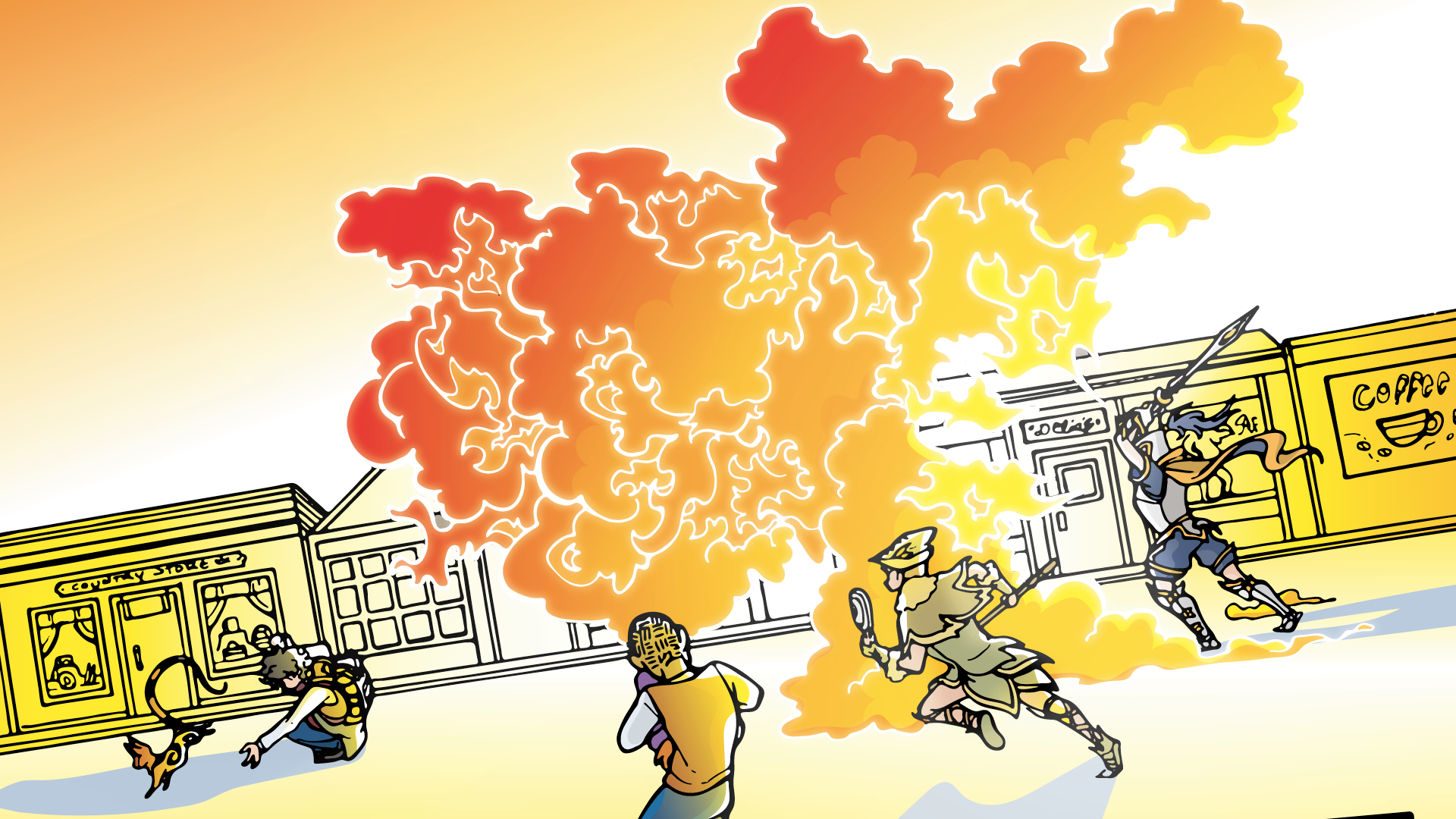
by Alexa Goodrich-Houska (she/they) | Jun 29, 2023 | Blog
Busy Geek Breakdown (TL;DR): If you haven’t checked out this webcomic, you’ll get hooked quickly. It has adventure, magic, teen angst, and plenty of geeky references. We need more stories like this, with complex representation of Queer characters. Checkout...
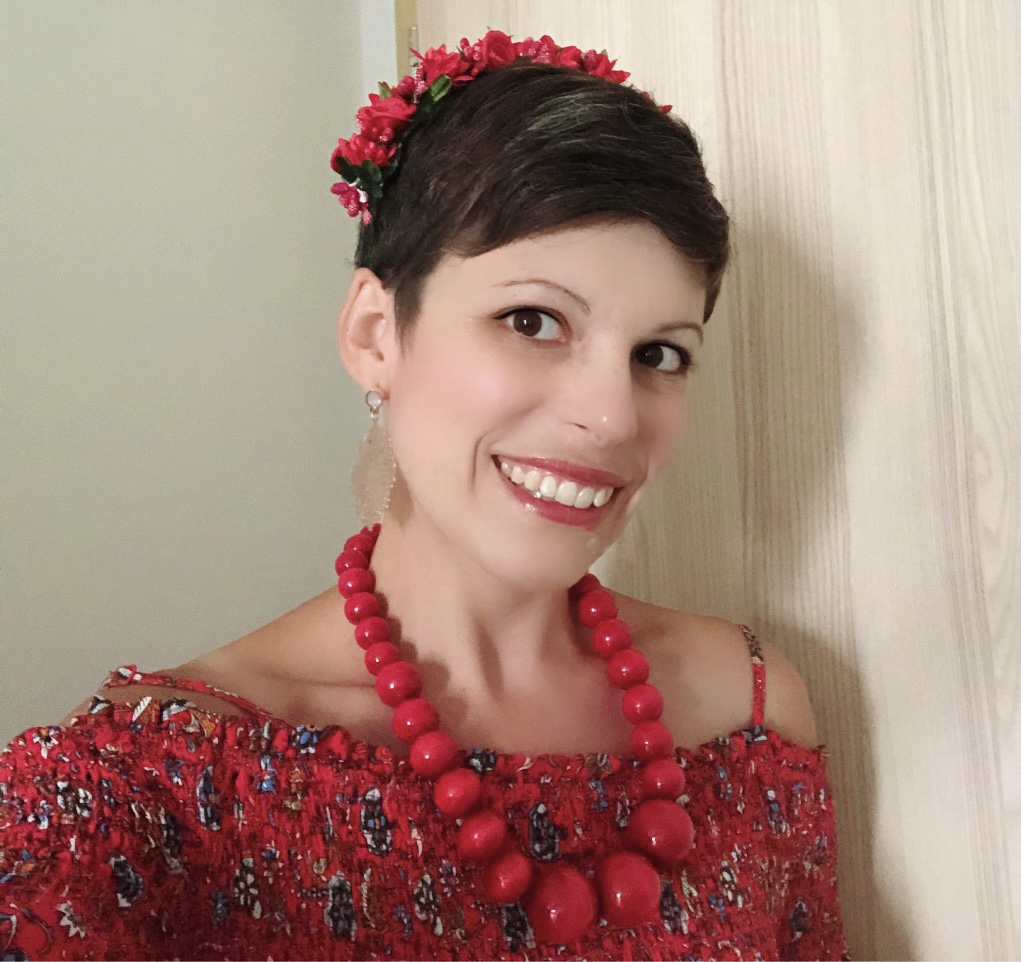
by Michele Kirichanskaya | Jun 16, 2023 | Blog
R. M. Romero is a Jewish Latina and author of fairy tales for children and adults. She lives in Miami Beach with her cat, Henry VIII, and spends her summers helping to maintain Jewish cemeteries in Poland. You can visit her online on Instagram @RMRomeroAuthor. I had...
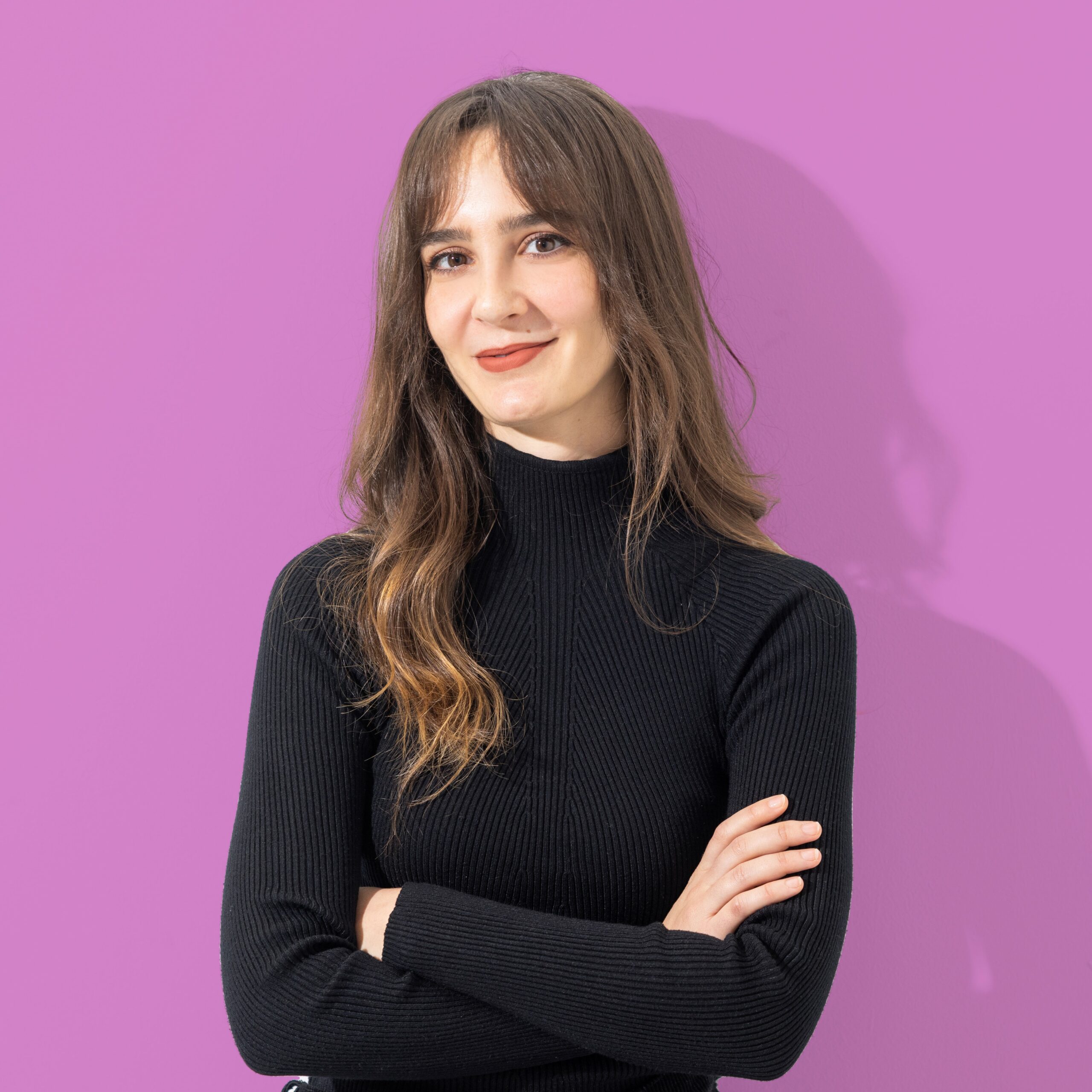
by Michele Kirichanskaya | Jun 3, 2023 | Blog
Kika Hatzopoulou writes stories for all ages, filled with lore and whimsy. She holds an MFA for writing for children from the New School and works in foreign publishing. She currently splits her time between London and her native Greece, where she enjoys urban quests...
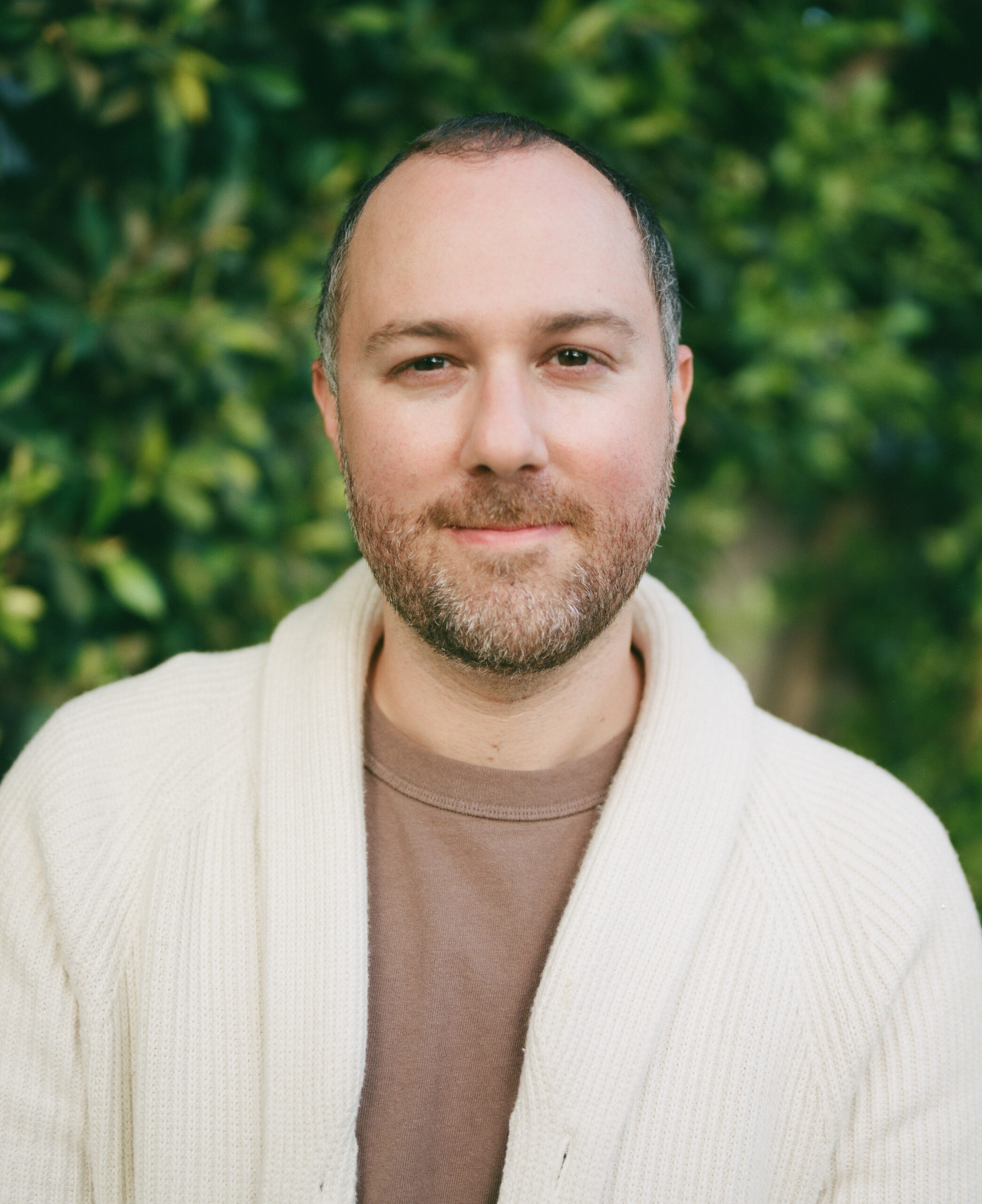
by Michele Kirichanskaya | Jun 2, 2023 | Blog
Zachary Sergi is a queer author of Interactive Fiction, including the print Choices novels, Major Detours and So You Wanna Be A Pop Star?, and the digital Heroes Rise, Versus, and Fortune The Fated series. Zachary was raised in Manhattan, studied Creative Writing at...
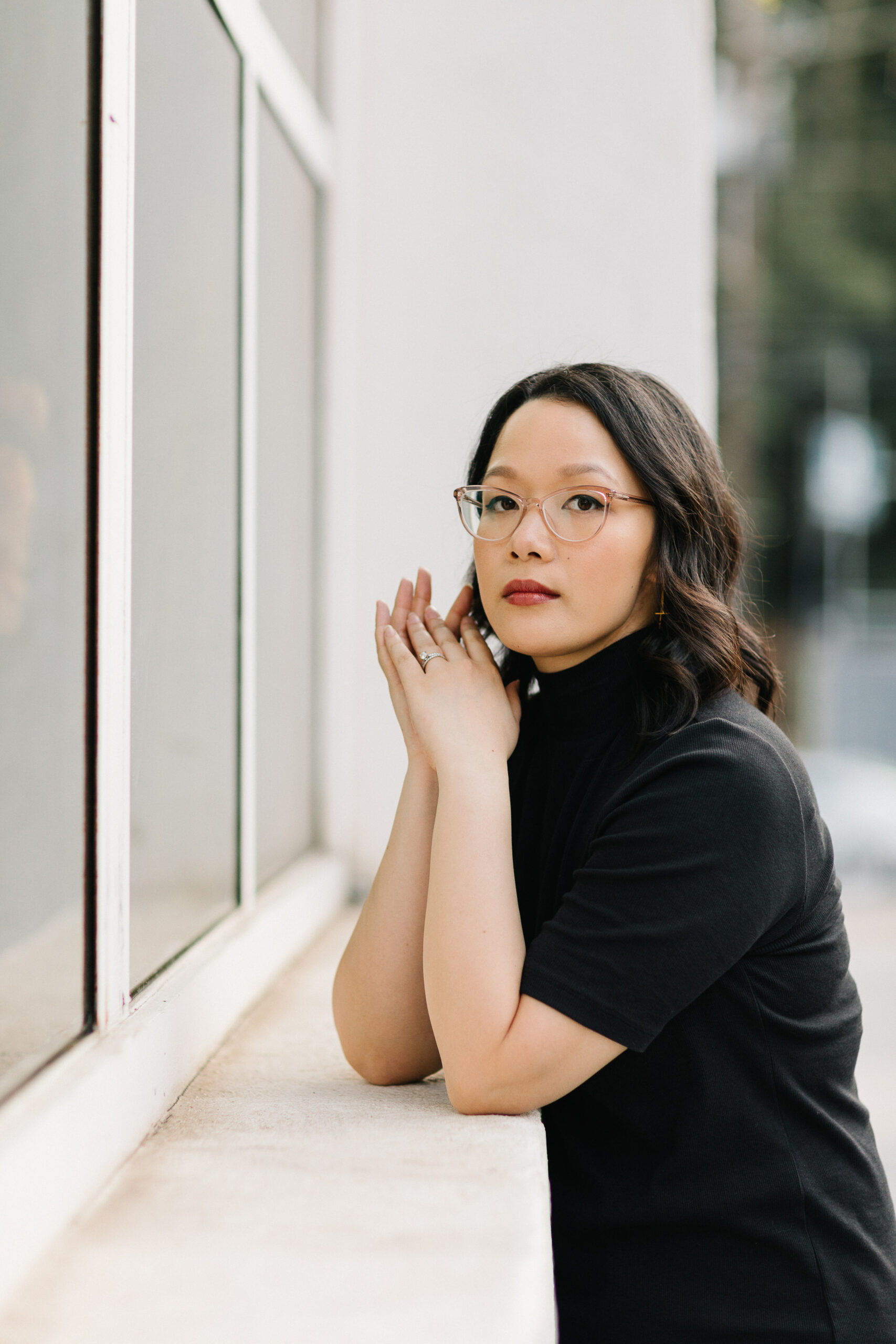
by Michele Kirichanskaya | Apr 14, 2023 | Blog
Trang Thanh Tran (they/she) is a Vietnamese American writer telling all stories scary, otherworldly, and emotional. Trang grew up in a big family in Philadelphia but now calls the South home. They’re an alum of the Writing Barn’s Rainbow Weekend and Tin House’s YA...






